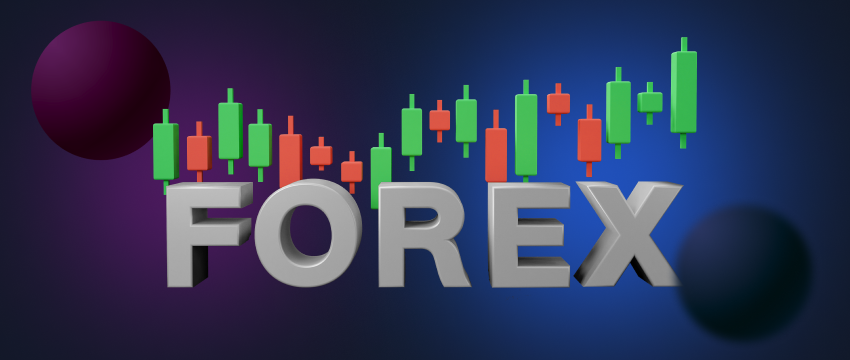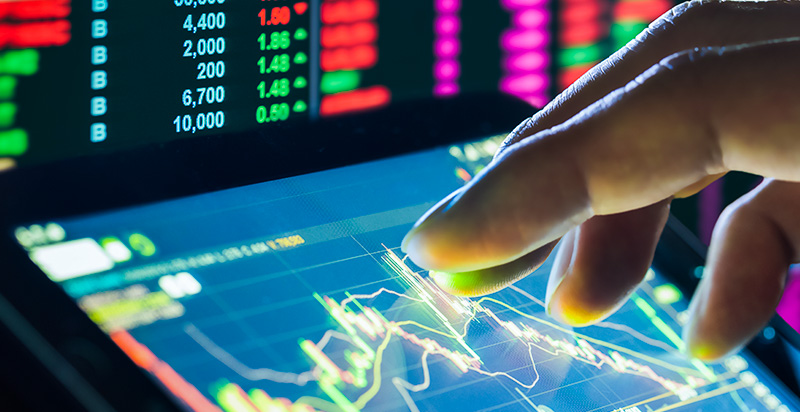If you’ve been exploring forex trading, you’ve probably heard about US30. It’s often mentioned alongside major indices, but what exactly is it, and why does it matter to traders? This index serves as a benchmark for the U.S. economy, offering insight into market trends and opportunities for traders looking to diversify their strategies or capitalize on global economic shifts.
Understanding This Popular Index
This well-known stock market index represents 30 of the largest companies in the United States. It’s a benchmark used to measure the overall health of the U.S. economy and is widely followed by traders and investors. When you trade this index, you’re essentially speculating on the collective performance of these companies rather than focusing on a single stock.
Why Do Traders Love It?
This index is a favorite among traders for several reasons. First, it’s highly liquid, meaning there’s plenty of activity and opportunities to enter and exit trades. Second, it’s influenced by major economic events, making it exciting to trade. Big announcements, like interest rate decisions or employment reports, can cause significant price movements, offering chances for quick profits.
How Is It Calculated?
Unlike some indices that weigh stocks based on market capitalization, US30 uses a price-weighted method. In simple terms, the higher a company’s stock price, the more influence it has on the index’s value. So, changes in the stock prices of higher-weighted companies can have a bigger impact on the overall index.
Trading This Index In Forex
When you trade this index in the forex market, you’re not buying shares of the companies it represents. Instead, you’re speculating on whether the index will rise or fall. It’s similar to trading currency pairs—you analyze the market, consider economic factors, and decide whether to go long (buy) or short (sell).
What Affects Its Movement?
Several factors influence the value of this index, including economic data, corporate earnings reports, and geopolitical events. A strong economy or positive news about major companies can drive the index higher, while economic downturns or uncertainties can push it lower.
The Bottom Line
This iconic index offers a way to trade the broader U.S. economy without focusing on individual stocks. It’s liquid, exciting, and influenced by major global and economic events, making it an attractive option for forex traders. If you’re looking to diversify your trades or tap into the pulse of the U.S. market, this index could be a great addition to your strategy. Happy trading!



